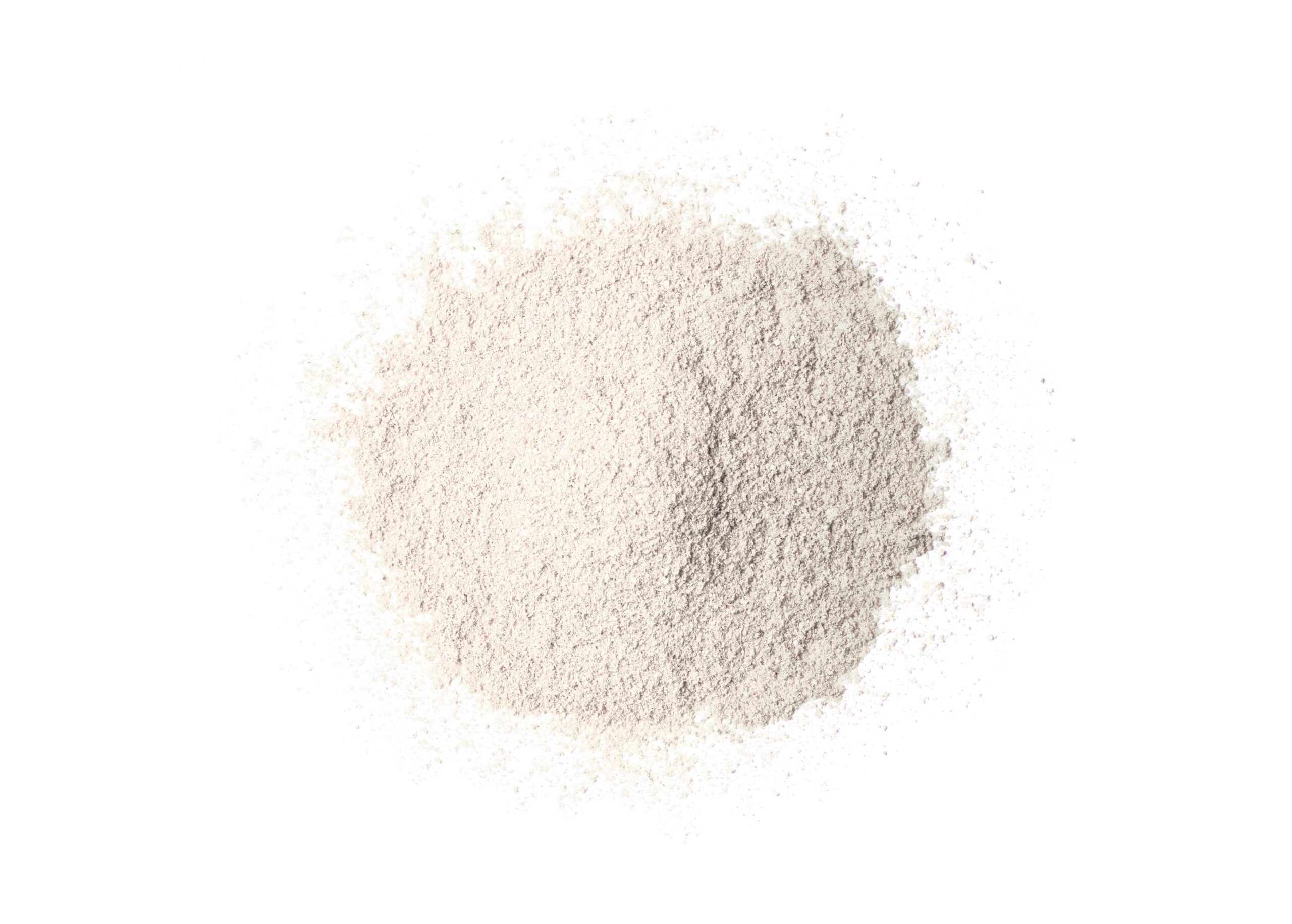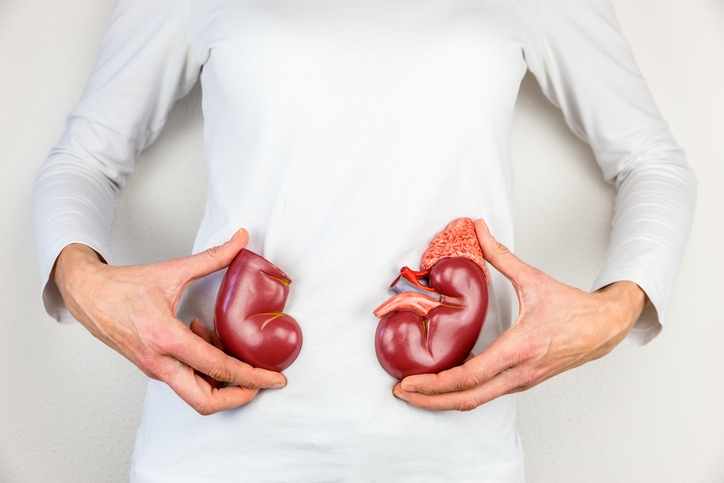
There are associations between hyperkalemia and significant risks for adverse clinical outcomes, a more rapid decline in kidney function, and premature mortality. There are significant variations in reported numbers on the epidemiology of hyperkalemia in patients with chronic kidney disease, and few data available on hyperkalemia in real-world patients across stages of CKD, estimated glomerular filtration rate (eGFR), and urine albumin-to-creatinine ratio (UACR) strata.
Sascha van Boemmel-Wegmann and colleagues conducted a study designed to assess the occurrence of moderate-to-severe hyperkalemia episodes in a large, representative sample of patients with CKD in the United States between 2009 and 2020. Results of the study were reported at the ERA 60th Congress in a presentation titled Incidence and Frequencies of Hyperkalemia in Patients With Chronic Kidney Disease: A Retrospective Database Study From US Clinical Care.
The study utilized data from the Optum Electronic Health Records database to identify patients with CKD between January 2009 and December 2020. Inclusion criteria were at least two qualifying eGFR (15-60 mL/min/1.73 m2) and/or UACR values (>30 mg/g) between 90 and 365 days apart. The second qualifying value was considered confirmatory and set as the index date. Other eligibility criteria were 365 days of baseline activity prior to index, age 18 or more years, and no diagnoses, procedures, or laboratory values of kidney failure, hemodialysis, or kidney transplant during baseline.
A hyperkalemia episode was defined as (1) a combination of inpatient or outpatient serum potassium values ≥5.5 mmol/L, not longer than 7 days apart, or (2) a combination of one elevated serum potassium measure and initiation of pharmacotherapy or a diagnostic code for hyperkalemia, not longer than 3 days apart.
A total of 1,771,900 patients met eligibility criteria for CKD. Of those, 85.7% had CKD stage 3 and 10.2% had CKD stage 4. Median age was 75 years, 57.7% were female, 83.8% were White, and 9.8% were Black. The most common comorbidities were hypertension (68.5%), hyperlipidemia (55.1%), and type 2 diabetes mellitus (34.2%). Common medications were antihypertensives (60.3%), statins (45.7%), and antiarrhythmics (45.4%).
Of the 99.1% of patients who had at least one baseline potassium measurement, average values were 4.3 mmol/L. During an average follow-up of 3.9 years, 12.4% of patients (n=220,339) experienced at least one hyperkalemic episode. Of those, 69.3% had one episode, 17.5% had two episodes, and 13.2% had three or more hyperkalemic episodes.
Among all patients with CKD, the mean incidence rate of hyperkalemia was 3.37 cases per 100 patient-years. There was a correlation between incidence of hyperkalemia and lower eGFR and increased UACR values. Incidence rates of hyperkalemia were 1.32, 2.48, 3.00, and 8.80 cases per 100 person-years for patients with CKD stage 1, stage 2, stage 3, and stage 4, respectively. Patients with UACR values ≥3500 had the highest incidence rates of hyperkalemia, regardless of their eGFR value. In subgroup analyses, incidence rates of hyperkalemia were significantly higher in patients with type 2 diabetes, and heart failure. Rates were also higher in steroidal mineralocorticoid receptor antagonists (sMRA) users at baseline.
“Our contemporary findings demonstrate that hyperkalemia is common in patients with CKD undergoing routine clinical care in the United States and it is notable in patients with reduced eGFR and elevated UACR,” the researchers said. “In addition, hyperkalemia was more predominant in patients with type 2 diabetes, heart failure, or sMRA use, emphasizing a need for more routine serum potassium monitoring in patients with these risk factors. Further research is needed to assess additional intrinsic risks, clinical consequences, and management approaches of hyperkalemia in patients with CKD to further inform clinical practice.”
Source: van Boemmel-Wegmann S, Bauer C, Schuchhardt J, et al. Incidence and frequencies of hyperkalemia in patients with chronic kidney disease: a retrospective database study from US clinical care. #4381. Abstract of a presentation at the European Renal Association 60th Congress; June 15-18, 2023; Milan, Italy.







 © 2025 Mashup Media, LLC, a Formedics Property. All Rights Reserved.
© 2025 Mashup Media, LLC, a Formedics Property. All Rights Reserved.